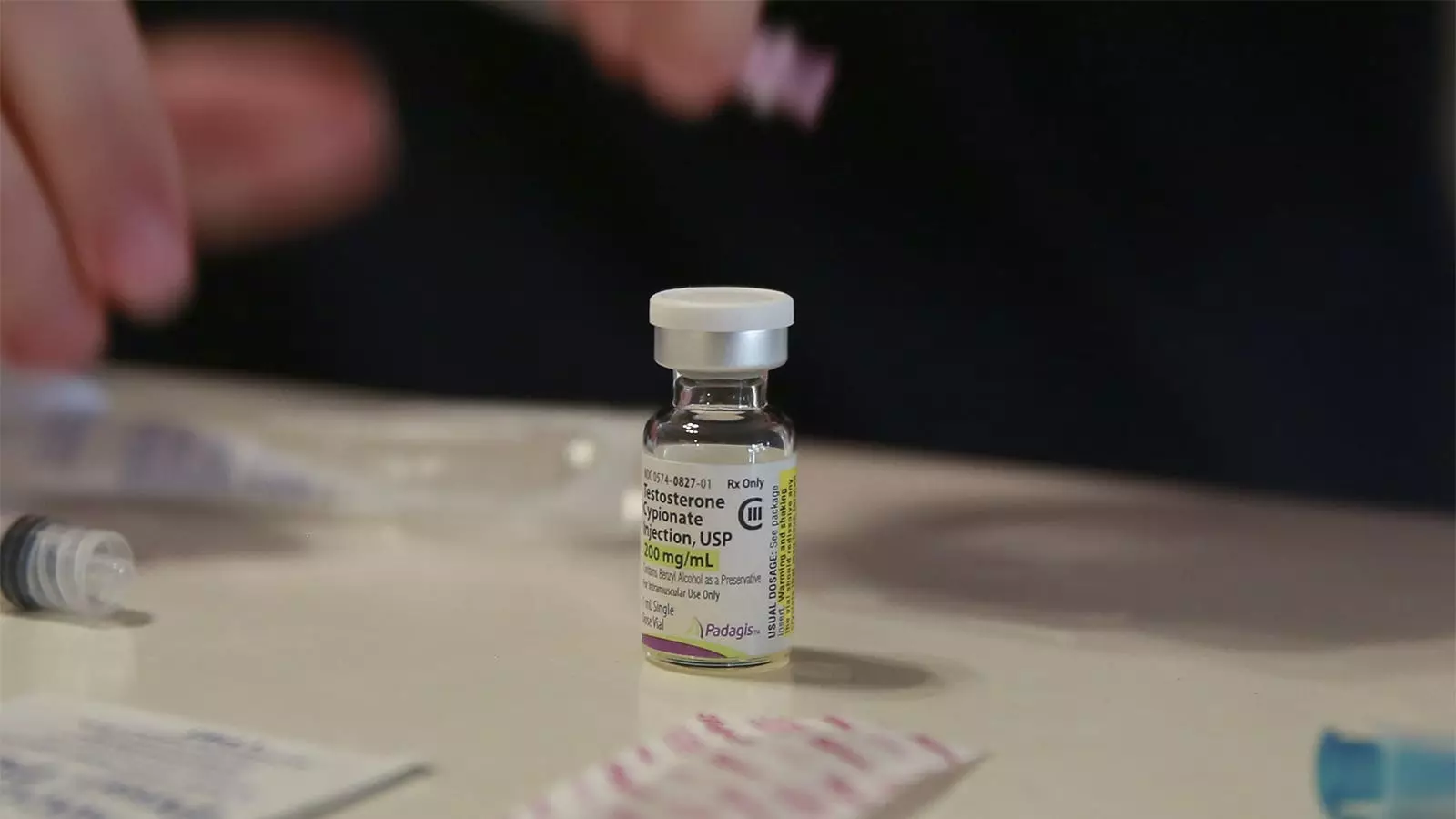Transgender healthcare has become a deeply polarizing topic in the United States, particularly when it involves treatments for adolescents. As public discourse escalates amidst legislative debates and legal battles, the availability and utilization of gender-affirming medications are often cloaked in misinformation. A recent study published in a reputable medical journal sheds much-needed light on this complex issue, providing empirical data that counters the prevailing narratives around transgender healthcare for youth.
The study, which analyzed insurance claims data from over 5 million adolescents aged 8 to 17, reveals that a surprisingly small number of young people are receiving gender-affirming medications such as puberty blockers and hormones. Researchers found that less than 1 in 1,000 U.S. adolescents with commercial insurance received such treatments between 2018 and 2022. Specifically, only 926 youth were prescribed puberty blockers, while 1,927 received hormone therapy during the same period, suggesting that these interventions are far less common than both lawmakers and the public tend to assume.
This data challenges hyperbolic claims made by some politicians and advocacy groups who argue that there is an ‘epidemic’ of youth receiving gender-affirming care. According to Landon Hughes, the lead author of the study, the results illuminate a clear reality: “We are not seeing inappropriate use of this sort of care… and it’s certainly not happening at the rate at which people often think it is.”
Despite the overwhelming evidence pointing to the limited use of these medical treatments, at least 26 states have enacted laws restricting or outright banning gender-affirming care for minors. This brings to light a troubling tension between legislative actions and scientific data. Laws and regulations often seem premised on misconceptions rather than established medical evidence, which not only jeopardizes the available care for transgender youth but could also impede their mental health and well-being.
The upcoming Supreme Court decision regarding cases in Tennessee raises further concerns over the potential ramifications. Given the current political landscape and the highlighted misinformation, it is vital that decisions more closely reflect the realities of transgender healthcare as delineated by empirical studies.
The Importance of Cautious Medical Approaches
Interestingly, the study highlights a notable pattern in treatment approaches among medical practitioners. None of the adolescents under 12 years were prescribed hormones, indicating a cautious and well-considered approach towards initiating such treatments. This aligns with the broader recommendation from leading health professionals advocating for adolescent care modalities that respect a young individual’s unique developmental stage and personal journey.
Scott Leibowitz, co-lead author of the adolescent standards of care for the World Professional Association for Transgender Health, emphasizes that transgender youth experience their identities differently and arrive at an understanding of their gender at various developmental stages. Thus, a nuanced approach that involves thorough discussions between families, healthcare providers, and the adolescents themselves is essential.
With recent data now clarifying the actual numbers of transgender youth receiving medical care, there is a pressing need for educational campaigns aimed at demystifying the facts surrounding gender-affirming treatments. By disseminating reliable statistics and insights from healthcare professionals, the public can better understand the complexities of transgender healthcare, leading to informed discussions devoid of misinformation.
The advancement of empathetic healthcare practices for transgender adolescents hinges largely on science-based understandings. As the landscape shifts with ongoing court cases and political maneuvers, medical professionals must remain steadfast in their commitment to sound practices that promote the health and well-being of youth. Ultimately, a commitment to clarity, evidence, and compassion is essential in supporting transgender youth through their formative experiences.



Leave a Reply